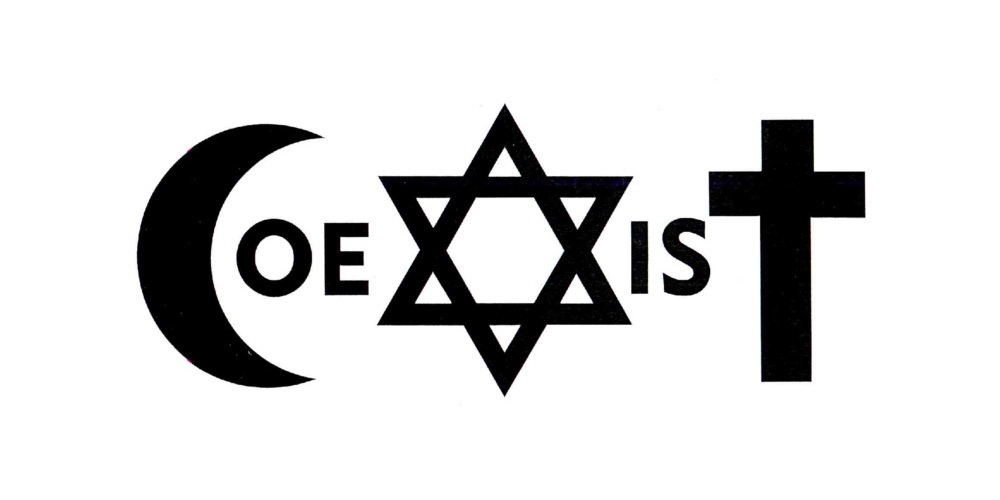- Posted on : March 18, 2013
- Posted by : Tom Fletcher
Last Friday, I was lucky to attend the launch of the National Charter for Education on Living Together in Lebanon, which provides pupils with the knowledge and attitudes needed to live together in a diverse society. It was the first public milestone in the work that the Education Ministry, the Council for Educational Research and Development, and a remarkable NGO called Adyan are undertaking to ensure Lebanese education reinforces national identity and religious diversity. A first step towards a genuinely shared understanding of what unites Lebanon, rather than what divides. We supported the project in a small way through our Arab Partnership work.
In rooms elsewhere in Lebanon, people were squabbling over election laws or planning sectarian stunts. Some were preparing the shameful attack on Sheikhs last night, rightly condemned by all Lebanon’s parties.
But in that room on Friday it was heartening to see and hear leaders of all religious groups coming together to underline their belief in the idea of Lebanon. It reminded me of similar movements and moments in Rwanda, South Africa and Northern Ireland, driven by individuals and communities. I once met an inspirational Northern Irish woman working on reconciliation, and asked her why she was so committed. She replied, ‘because sectarianism killed my father’. I asked the same question of the man working with her on the project. Without missing a beat, he responded, ‘because I was the sectarian who killed her father’.
Unlike most countries, the fundamental question facing Lebanon is not how the economy or politics are managed, but – more profoundly – do you have the courage to coexist? Because coexistence isn’t the easy option. Far from it. It takes vision, patience and resilience. It is the work of generations: in a reverse of the usual Excellency-heavy event, the charter was handed not to leaders but to representatives of Lebanon’s youth. This is their aspiration, and their battle.
I disagree with those that say that the most important splits in Lebanon are between M14 and M8, or Sunni and Shia, or Christian and Muslim, or West or East. The real dividing line is in fact between the sectarians and the coexisters. Between those who identify themselves by what sets their religion apart; and those who believe that the fundamental message of the religions that originated in this corner of the world is more simple: Love Your Neighbour.
As the regional situation becomes more worrying, that battle line is drawn more starkly than ever. People are anxious, wary, frightened, and more open to manipulation. Alastair Campbell famously once said ‘we don’t do God’. Neither should an embassy, nor take sides on the internal political disputes of the day. But I see no need for impartiality on Lebanon’s strength in diversity. We stand with the people in that room on Friday who sent out such a powerful message: yes, we do have the courage to coexist.

